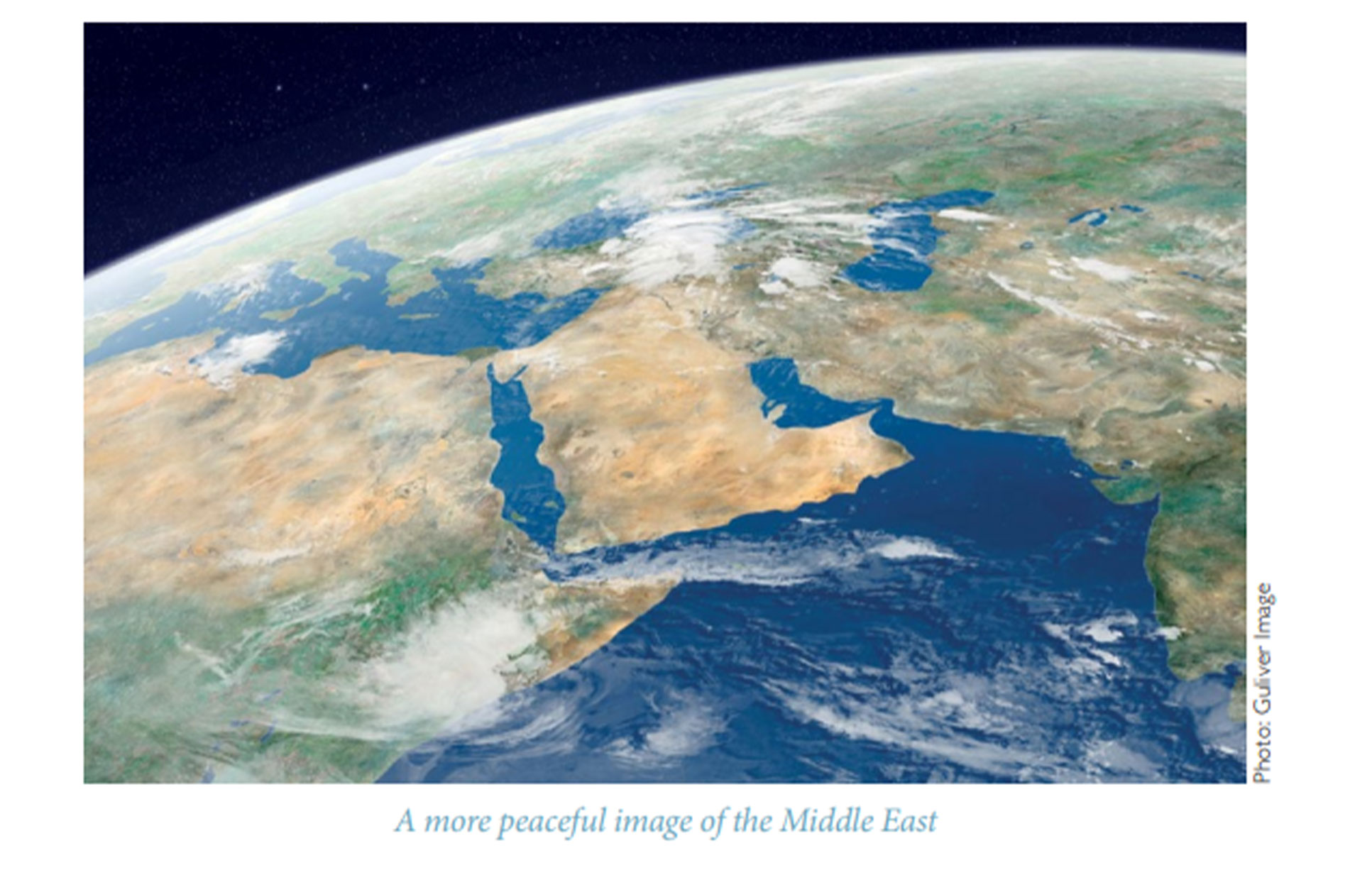 Nabil Fahmy is a Former Egyptian Minister of Foreign Affairs and Dean Emeritus of the American University in Cairo. You may follow him on Twitter @DeanNabilFahmy and contact him via email: [email protected].
Nabil Fahmy is a Former Egyptian Minister of Foreign Affairs and Dean Emeritus of the American University in Cairo. You may follow him on Twitter @DeanNabilFahmy and contact him via email: [email protected].
In recent years, analysts and practitioners have mostly focused on the ongoing geopolitical realignment, spending a sprinkle of energy on determining whether we live in a bipolar, unipolar, or multipolar world among other things. This discussion has often featured the roles of globalization and technology, resulting in widespread conclusions that they have redefined important concepts, including sovereignty and power.
Much of this is true, but these reasons alone are not paramount in explaining the disorder that the international community is facing in the twenty-first century. This was evident even before the ongoing Ukraine crisis and will continue long after its resolution. That is unless we seriously and strategically reassess the relevance of the world order and its functioning parameters.

Today in 2022, we essentially remain engaged in the world order established in the wake of World War II. The premise here is not that our reality today remained the same. The reality is demonstrating the opposite, which is a challenge in itself, and one of the reasons for widespread discord. However, more problematic is that concepts adopted in the middle of the last century have remained dominant in the minds of the powers that won World War II. Questionable concepts in a changing reality are not a recipe for stability and security.
One of the paramount leaders in the post-World War II era was the West, led by the United States conglomerating around NATO. The other, serving as its counterweight, was the Eastern bloc, led by the Soviet Union and its Warsaw Pact—mostly composed of Eastern European countries. The former embraced liberal democracies and market economies, and the latter relied on centralized authority and socialist economic principles. Most importantly, the proclaimed goal of the new world order in mid 1940s, as stipulated in the United Nations Charter, was to prevent the outbreak of another world war.
Presumably to achieve this objective, the two most significant blocs established a balance of power between them and informally delineated areas of influence that the other should not cross. The United States had already adopted the Monroe Doctrine, which ruled out the possibility of competitive doctrines in the Americas. The Soviet Union basically considered any transgression into Eastern Europe a violation of its sphere of influence.







